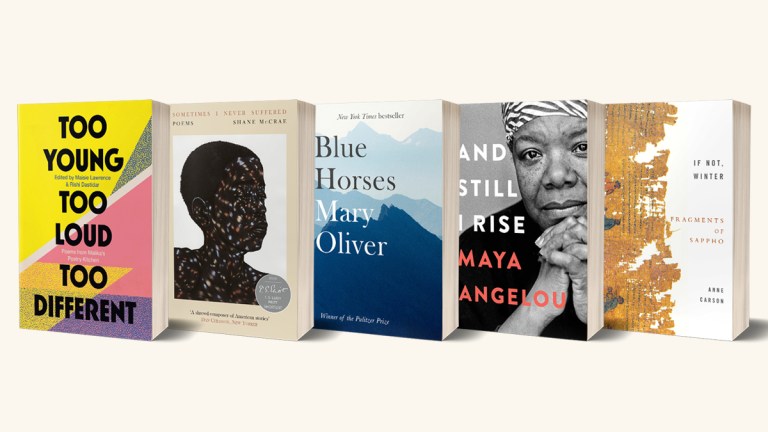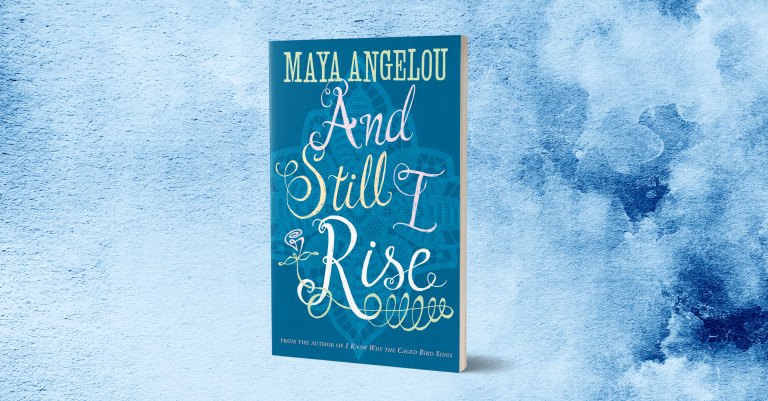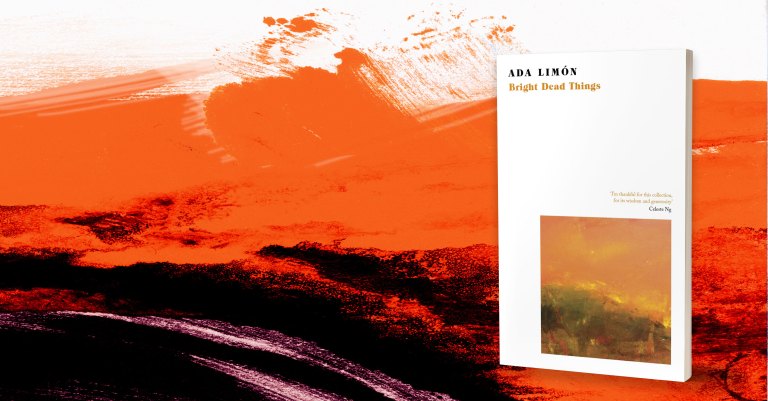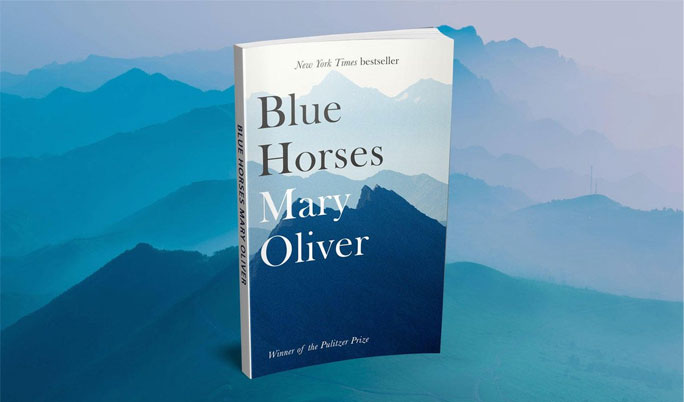Magical Negro by Morgan Parker
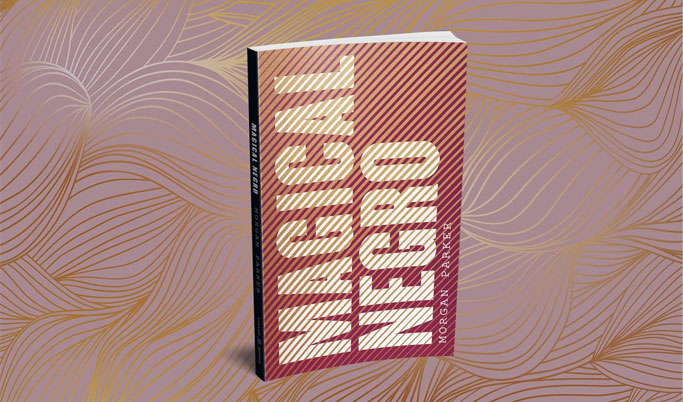
The High Priestess of Soul’s Sunday Morning Visit to the Wall of Respect
The Impressionism wing strikes me as too
dainty for my mood, except for one oil painting
by Gustave Caillebotte, Calf’s head and Ox Tongue,
which is described in the wall text as
“visually unpleasant.” A bust of an African woman
bums me out. This year, I cried
at everyone’s kitchen table,
I spit on the street and was late on purpose and stepped
in glass and my dog died and I saw
minuses over and over. I’ll figure it out.
I let a man walk away and then
another one. It has taken me exactly this long
to realise I could have done something else.
I’m being repetitive now but do you ever
hate yourself?
From the breakout author of There Are More Beautiful Things Than Beyoncé comes a profound and deceptively funny exploration of Black American womanhood.
'2019 justly belongs to Morgan Parker. Her poems shred me with their intelligence, dark humor and black-hearted vision. Parker is one of this generation's best minds' Danez Smith, winner of the Forward Prize
'A riveting testimony to everyday blackness . . . It is wry and atmospheric, an epic work of aural pleasures and personifications that demands to be read - both as an account of a private life and as searing political protest' TIME Magazine
Magical Negro is an archive of Black everydayness, a catalogue of contemporary folk heroes, an ethnography of ancestral grief, and an inventory of figureheads, idioms and customs. These poems are both elegy and jive, joke and declaration, songs of congregation and self-conception. They connect themes of loneliness, displacement, grief, ancestral trauma and objectification, while exploring tropes and stereotypes of Black Americans.
Focused primarily on depictions of Black womanhood alongside personal narratives, the collection tackles interior and exterior politics - of both the body and society, of both the individual and the collective experience.
In Magical Negro, Morgan Parker creates a space of witness, of airing grievances, of pointing out patterns. In these poems are living documents, pleas, latent traumas, inside jokes and unspoken anxieties situated as firmly in the past as in the present - timeless Black melancholies and triumphs.


